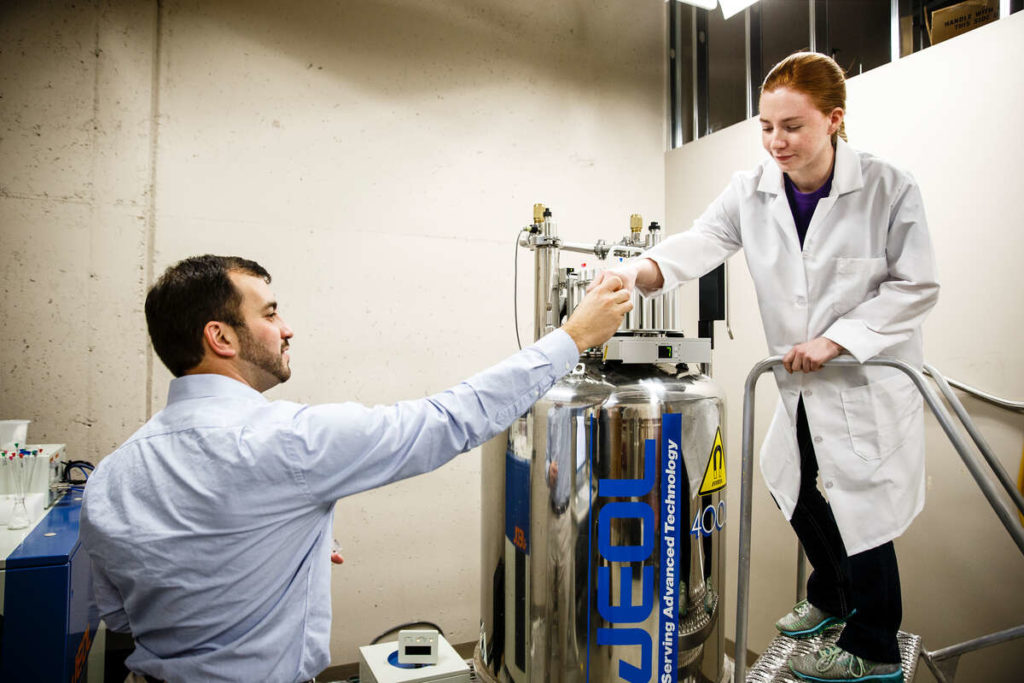This "Outside Consultant" column by AnnMarie Thomas, professor of entrepreneurship and engineering, ran in the Star Tribune on Nov. 29, 2021.
I have never met a successful person who doesn’t have at least one story of a project that went spectacularly awry. Whether it is an underwater robot that dove into an ocean and never returned, or a much hyped new product that ended up selling poorly, examples are easy to find. The longer a person’s career, the more catastrophe stories they are likely to have amassed. Some of these incidents were likely instrumental in future successes.
So what should you do when it’s your venture that didn’t succeed in the way you had hoped?
The first thing I advise is to acknowledge that all companies and leaders face setbacks. You aren’t alone. As a leader, your team is going to be looking to you for guidance as you figure out what to do next. It is important that you recognize the hard work that inevitably went into the project. Your team spent time and energy on it, and should be given a chance to discuss what worked and what didn’t. There are surely some lessons that can be learned from the experience.
I’ve also never encountered a project where there weren’t at least a few things that went well. Start with those! It’s easy to miss the good aspects of a project gone wrong. A roundtable discussion where everyone on the team is asked for a positive memory or learning from the work is often enlightening. (No win is too small. Perhaps the late nights led to finding a new favorite local restaurant, a team member learning to use a new type of software, or a particularly helpful person you met at the post office.)
The “what went wrong” discussion is one that needs some careful planning. The purpose of reviewing the project is not to point blame, but rather to note the lessons you can pull forward for future work. That’s why I often phrase this query as “What have we learned?” (I once had a team member give the answer “Let’s not use glitter in future projects that are being sent to space.”)
Finally, and most importantly, clean up your messes. Make sure to apologize to the partners or shareholders that you need to apologize to. And then? Onward to the next endeavor.
AnnMarie Thomas is a professor of entrepreneurship and engineering at the University of St. Thomas, where she directs the Playful Learning Lab.







